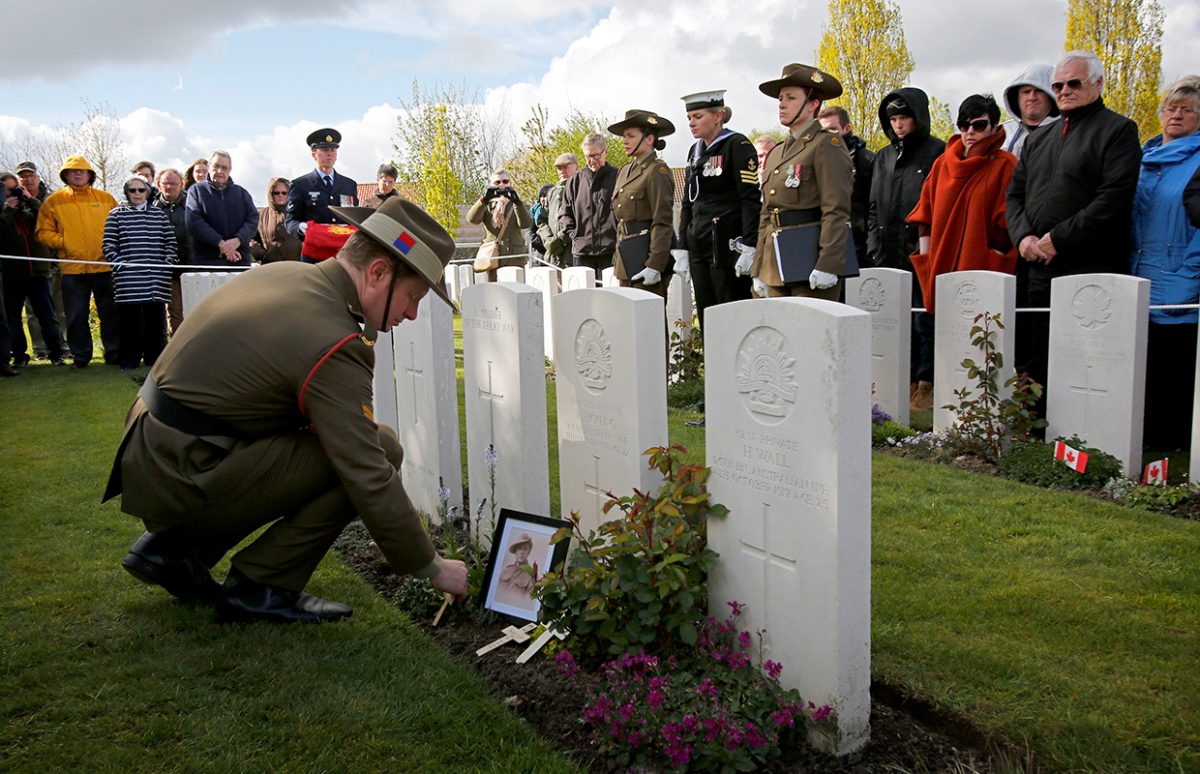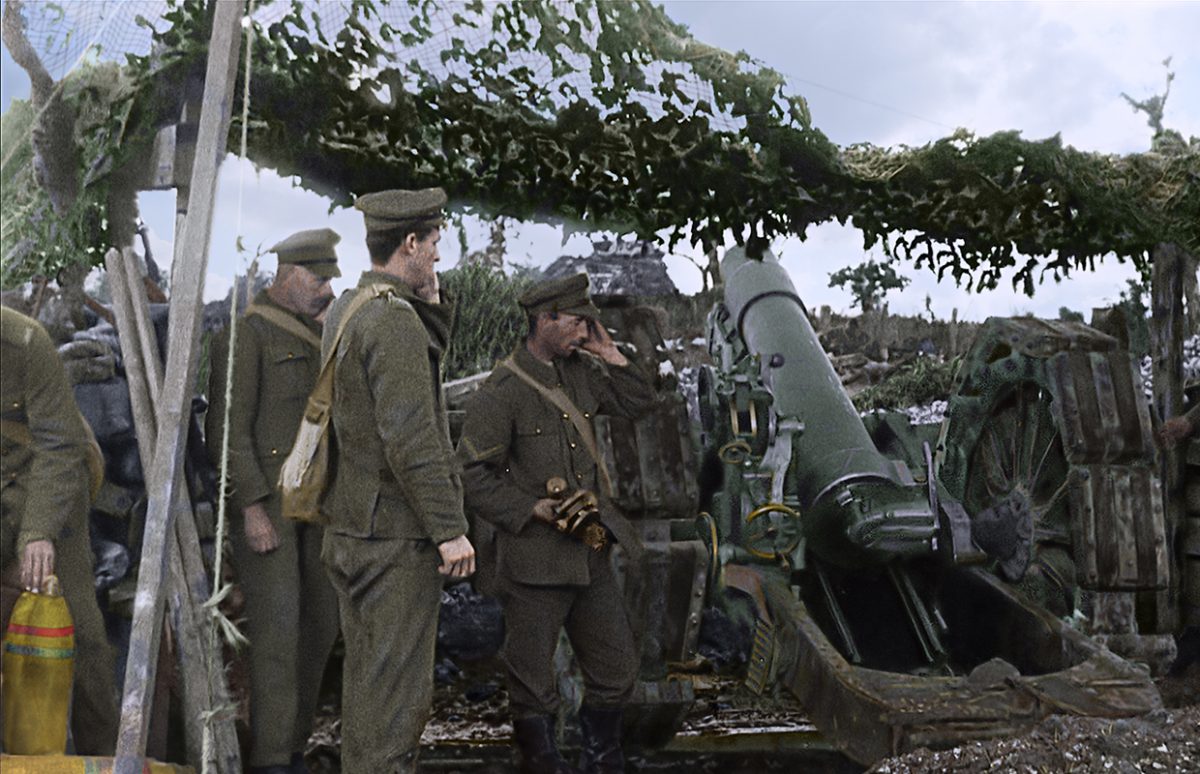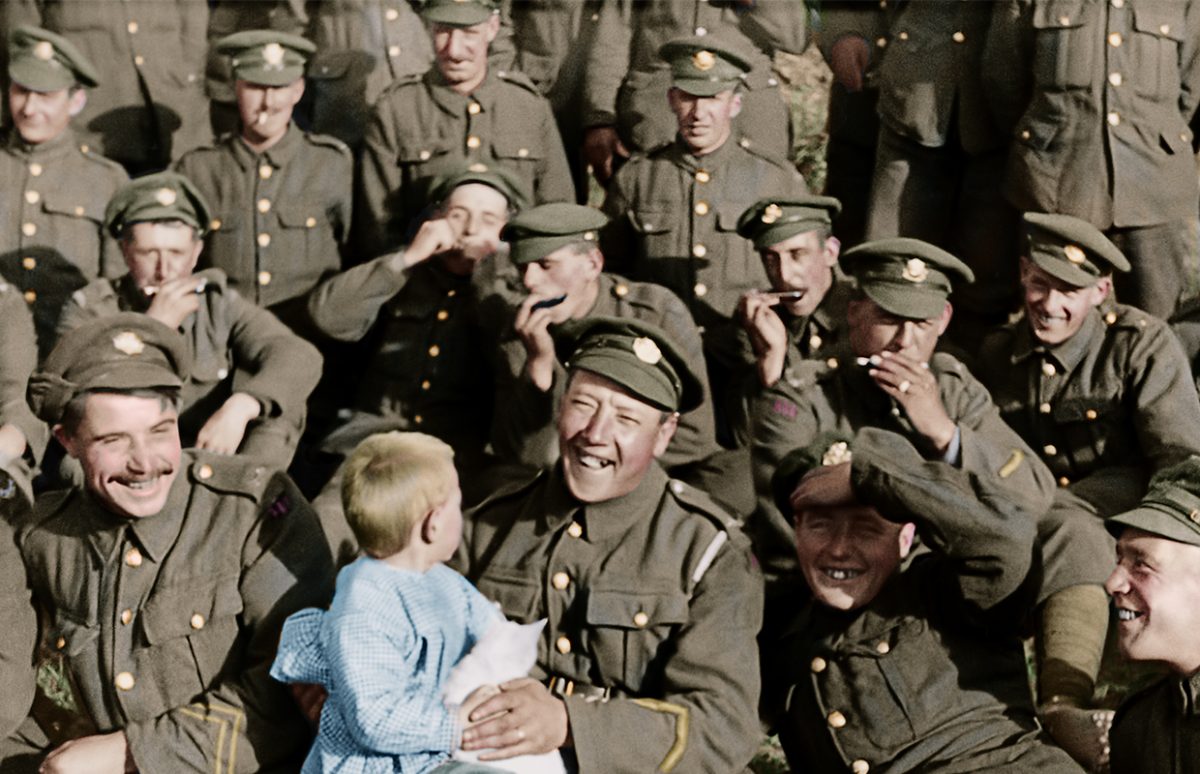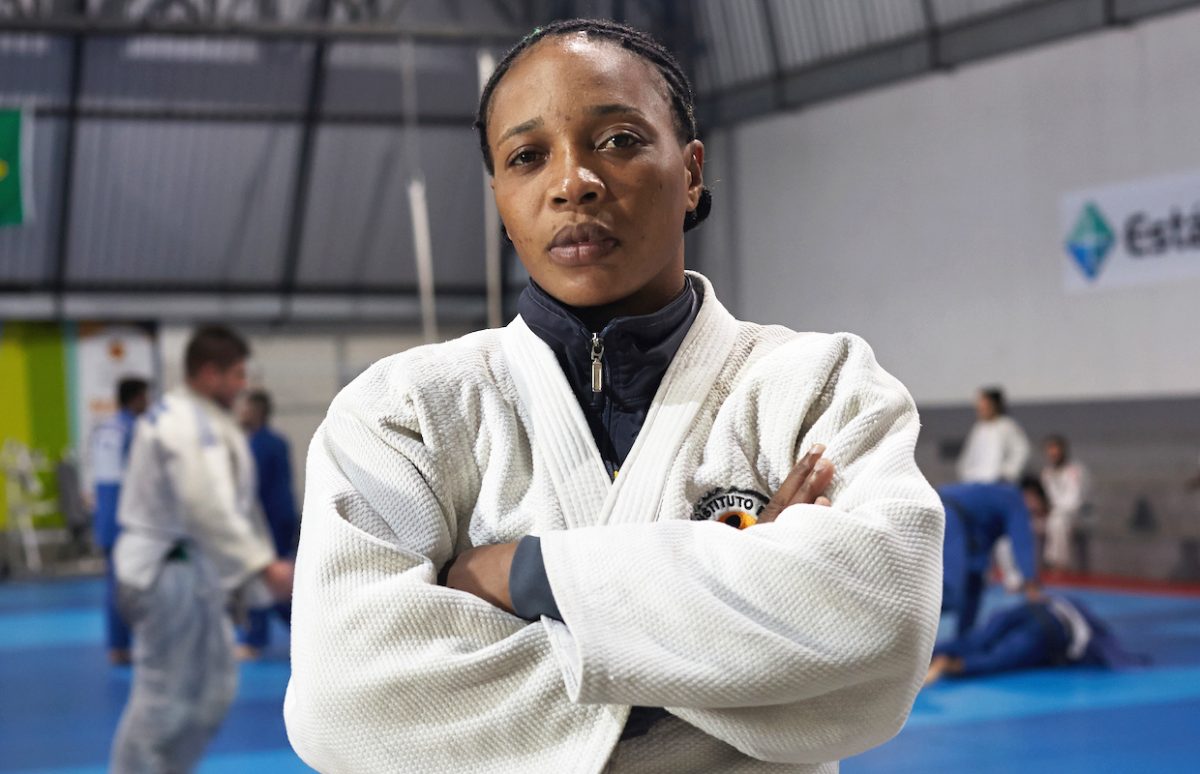
While most countries involved in World War I commemorate those who served in that and later wars on 11 November, the date the War ended, in Australia and New Zealand, the main commemoration is ANZAC Day, 25 April, the day in 1915 when their servicemen first saw action, in the disastrous Gallipoli Campaign. When Britain … Continue reading “ANZAC Day”

To mark the centenary of the end of the First World War, Peter Jackson has restored old black-and-white archive footage of British servicemen’s life in the trenches. He has colourised it, and has asked lip-readers to help dub in what the soldiers were actually saying. The film’s title refers to a poem by Robert Binyon … Continue reading “They Shall Not Grow Old Film: Bringing WWI to Life”

This A2+ level article is an opportunity to mention the 100th anniversary of the end of WWI and see how Anglophone countries commemorate their fallen soldiers. It can be used as additional input to what the students study in History. It can also raise the interest of some students to watch the archive film “They … Continue reading “Remembering British WWI Soldiers”

At the 2016 Olympic Games in Rio, a refugee team competed for the first time in Olympic history. These videos can bring this inspiring story to life in your classroom. From A1+ This video is a good introduction since the only mention of the team being refugees is the first screen – if you start … Continue reading “Olympic Refugee Team Teaching Tools”

More than 200 countries participated in the Olympic Games in Brazil in August. At the Opening Ceremony, each team marched behind its national flag. But right at the end, just before the host nation, came a team that is unique in Olympic history: a team of 10 refugees from four countries. They marched behind the … Continue reading “An Olympic First: a Refugee Team”









